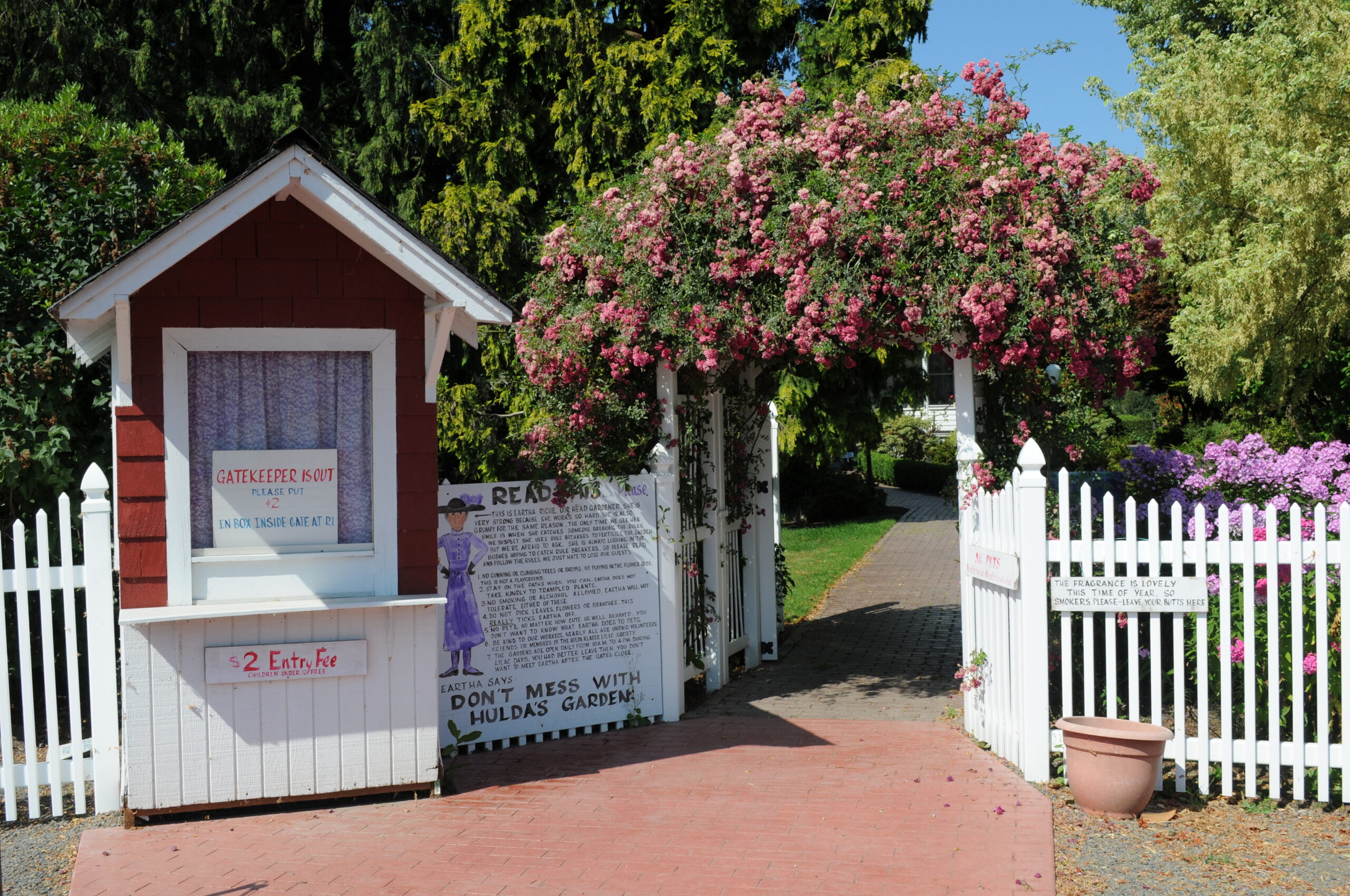I recently had a conversation with Wency Leung from the Globe&Mail, where we discussed my personal experiences with my nanny during my divorce. This article sheds light on several crucial aspects to consider when a nanny or babysitter is involved in such situations.
Navigating Divorce Drama as a Nanny
Ana, a 23-year-old nanny, was well-equipped to handle tears, tantrums, and the silent treatment in her line of work. However, she didn’t anticipate witnessing these behaviors between her employers. When the couple who hired her decided to divorce last year, she often found herself navigating the difficult waters of perceived betrayal.
There were days when she had to juggle keeping both parents satisfied while taking care of their toddler son in downtown Toronto. On other occasions, a pervasive sense of sadness would engulf the entire household. In particularly uncomfortable situations, one parent would speak ill of the other in her presence or probe for information about their spouse.
“The whole experience was quite traumatic for everyone involved – the child, the nanny, and all the residents of the house,” Ana shares, adding that she tried her best to stay uninvolved in the couple’s personal matters. (Due to the sensitive nature of the issue, she requested anonymity.) “I made a conscious effort to keep my opinions to myself.”
As Ana learned, a divorce introduces a new set of challenges to a nanny’s role. Beyond their regular childcare duties, nannies are required to act as domestic diplomats during a breakup, skillfully avoiding emotionally charged conflicts without taking sides. However, amidst the turmoil, nannies can also become a crucial source of stability for the children in their care. Successfully navigating this chaos can strengthen the bond between the nanny and the child.
The reassuring presence of royal nanny Olga Powell during the highly publicized divorce of Prince Charles and the late Diana, Princess of Wales, is believed to have helped Prince William and Prince Harry strengthen their relationship with their long-time caregiver. Prince William, the Duke of Cambridge, even missed several official engagements to attend Powell’s funeral this week. Powell, who passed away last month at the age of 82, began caring for Prince William when he was just six months old. She served the royal family for 15 years, assisting the princes through their parents’ tumultuous marriage and eventual divorce.
“In the context of a divorce, the nanny often becomes the one stable factor,” says Kellie Geres, a seasoned nanny with over two decades of experience based in Washington, D.C., who has worked with three families during their divorce proceedings. When their home life is in turmoil, where parental conflict looms large, “the children realize that there is someone they can rely on, and I believe the parents recognize that too.”
Ana and the child she cares for have developed a close bond over the past year, a bond that has strengthened through the ongoing custody dispute. “From the beginning, I loved him dearly because he was such a delightful child,” she says, noting that the challenge of protecting and caring for him during his parents’ separation may have intensified those feelings. Ana now works exclusively for the parent who moved out with the child, and rarely interacts with the other.
Considering that approximately 40% of Canadian marriages end in divorce, dealing with employers’ custody battles is not an uncommon scenario for child caregivers. In fact, Martha Scully, founder of the online database CanadianNanny.ca, based in Nanaimo, has noticed a growing number of divorced and separating couples registering on her site together in recent years. They seek a nanny who can provide consistent care in their disrupted households.
However, willingness to cooperate during the hiring process doesn’t necessarily make it easier for caregivers to avoid conflicts among ex-spouses, especially during financial disagreements. Scully often hears about parents giving their nannies conflicting instructions – a problem that can be exacerbated when couples remarry, introducing more opinions and expectations into the mix. (Geres suggests that it helps if parents can agree that one of them is the primary employer, so even though the caregiver may update all the adults on the children’s activities and progress, she only needs to answer to one.)
Some nannies also find themselves doing double duty, cleaning and doing chores for two homes instead of one. And since some employers treat their nannies like family members, it can be challenging for them to resist sharing gossip about the exes. Defining the boundaries of the nanny-employer relationship can be tricky, especially to avoid any sense of duplicity, even in the best of times.
Even among couples who are not going through a divorce, relying on hired help can stir up parents’ feelings of guilt or concern that their roles are being replaced. Scully often hears mothers worry: “Will the nanny start to seem like Mom to the baby?” These fears can intensify when parental roles change during a divorce; for instance, when a stay-at-home parent needs to find work or a parent spends less time with the children after moving out.
“When parents express that worry to us, I always reassure them that a child can never have too many people who love them,” Scully says. “So let’s say the child really adores the nanny. Is that really a bad thing?
Final Thoughts
Navigating the complex terrain of divorce is a challenging task, not just for the couple involved, but also for those closely associated with them. As our story of Ana, the nanny, illustrates, the ripple effects of a divorce and ensuing divorce financial battles can touch the lives of those we least expect. Amidst the emotional turmoil and unintentional betrayals, the role of a nanny often evolves from a caregiver to a pillar of stability, a beacon of consistency in the changing tides of family dynamics.
In the face of such emotional turmoil, the resilience and adaptability of these caregivers shine through. They become the unsung heroes, providing much-needed support and continuity in the lives of the children they care for, even amidst ongoing maintenance conflicts. The story of royal nanny Olga Powell, who served as a comforting presence for Prince William and Prince Harry during their parents’ highly publicized divorce, is a testament to this.
However, it’s important to remember that every divorce story is unique, with its own set of challenges, emotional suffering, and triumphs. As we’ve seen, the dynamics can become even more complex when the couple remarries, introducing more opinions and expectations into the mix. Yet, amidst all this, the role of a nanny remains pivotal, especially during guardianship disagreements, providing a sense of normalcy and continuity for the children.
In a world where approximately 40% of Canadian marriages end in divorce, the role of nannies and caregivers in these scenarios is more significant than ever. They are not just employees, but become an integral part of the family, often sharing in the joys, sorrows, and everyday life of the family they serve.
In conclusion, while divorce can be a tumultuous journey, it’s crucial to remember the importance of maintaining stability for the children involved. Whether it’s through the consistent presence of a beloved nanny or the assurance of love from both parents, providing a secure environment for children to grow and thrive is paramount in such matters of family dynamics. After all, as Martha Scully aptly puts it, “a child can never have too many people who love them.
At The Smart Divorce:
We understand that navigating the turbulent waters of divorce can be an overwhelming experience. It’s not just the couple who are affected, but also those closely associated with them, such as nannies and caregivers. These individuals often become an integral part of the family dynamics, providing much-needed stability and continuity amidst emotional suffering for the children involved.
At The Smart Divorce, we recognize the unique challenges and emotional complexities that come with this life-altering event. Our team of professionals is here to provide guidance and support, helping you maintain a sense of normalcy and security for your children during this challenging time. We believe in the power of understanding, empathy, and professional expertise to help you navigate through this process with resilience and grace.
We encourage you to reach out to us. You don’t have to face this alone. Our team is ready to listen, understand, and provide the support you need, particularly when dealing with the complexities of divorce financial battles. We invite you to schedule a Get Acquainted Call with us. Let’s start the conversation and explore how we can assist you in this journey towards a smarter, more manageable divorce.
Remember, it’s not just about ending a marriage; it’s about starting a new chapter in your life with strength, confidence, and the right support system. At The Smart Divorce, we’re here to help you turn the page.


